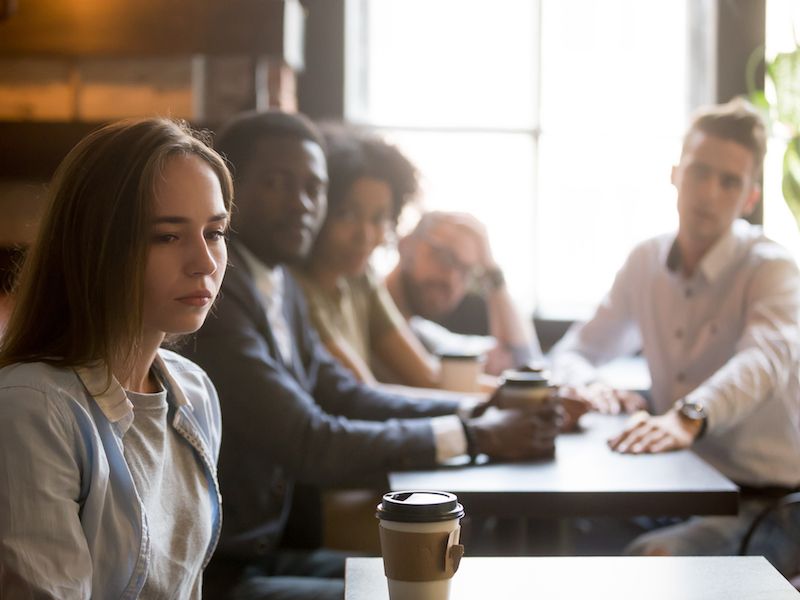
Despite popular opinion, hearing loss isn’t just a problem for older people. Overall hearing loss is on the rise in spite of the fact that how old you are is still a strong factor. Hearing loss remains at about 14-16% amongst adults 20 to 69 years old. The World Health Organization and the United Nations recommend that more than 1 billion people worldwide aged 12-35 are at risk of developing hearing loss. In children between the ages of 6 and 19, about 15% already have loss of hearing according to the CDC, and the number appears to be closer to 17% according to more recent research. Just a decade ago hearing loss in teenagers was 30% lower according to another study. Johns Hopkins carried out a study projecting that by 2060 over 73 million people 65 or older will have loss of hearing. Over current numbers, that’s an astounding number.
We Are Developing Hearing Loss at a Younger Age, Why?
In the past, unless you spent your days in a loud and noisy environment, damage to your hearing would happen fairly slowly, so we consider it as an inevitable outcome of aging. This is the reason why when you’re grandmother wears a hearing aid, you’re not surprised. But at a younger and younger age, our hearing is being effected by changes of ways of life.
Technology, and smartphones, in particular, can have a significant impact on our hearing. We are doing what we enjoy doing: watching movies, listening to music, chatting with friends and wearing earbuds or headphones to do it all. The problem is that we have no idea what level of volume (and what duration of that volume) is damaging to our hearing. Occasionally we even use earbuds to drown out loud noises, meaning we’re voluntarily exposing our ears to harmful levels of sound instead of safeguarding them.
Gradually, an entire generation of young people are damaging their hearing. In terms of loss of productivity, that’s a big problem and one that will cost billions of dollars in treatment.
Do we Really Understand Hearing Loss?
Avoiding extremely loud noises is something that even young children are usually smart enough to do. But the nature of hearing damage isn’t widely grasped. Most people won’t recognize that medium intensity noises can also damage your hearing if exposed for longer time periods.
Needless to say, the majority of people around the world, specifically young people, aren’t really concerned about the hazards of hearing loss because they think that it’s only an aging problem.
According to the WHO, individuals in this 12-35-year-old age group might be exposing their ears to irreversible damage.
Options And Recommendations
Due to the fact that so many people utilize smart devices frequently, it’s an especially extensive issue. That’s the reason why offering additional information to mobile device users has been a recommended answer by some hearing experts:
- Built-in parental controls that allow parents to more closely monitor volume and adjust for hearing health.
- Warnings about high volume.
- It’s how long a sound lasts, not only how loud it is (warnings when you listen at a specific decibel level for too long).
And that’s only the start. There are a lot of technological methods to get us to begin to pay more attention to the well being of our hearing.
Turn The Volume Down
The most significant way to minimize injury to your hearing is to reduce the volume of your mobile device. That’s true whether you’re 15, 35, or 70.
And there is no disputing the fact that smartphones are not going away. Everyone uses them all the time, not only kids. So we’ve got to deal with the fact that hearing loss is no longer associated with aging, it’s associated with technology.
That means the way we prevent, treat, and talk about hearing loss has to change.
Also, decibel levels in your environment can be measured by app’s that you can download. 2 steps to protect your hearing. Making certain not to attempt to drown out loud noises with even louder noises and of course wearing ear protection. As an example, if you drive with your windows down, don’t turn up the music to hear it better, the noise from the wind and traffic might already be at harmful levels. Make an appointment with a hearing care professional if you have any questions.